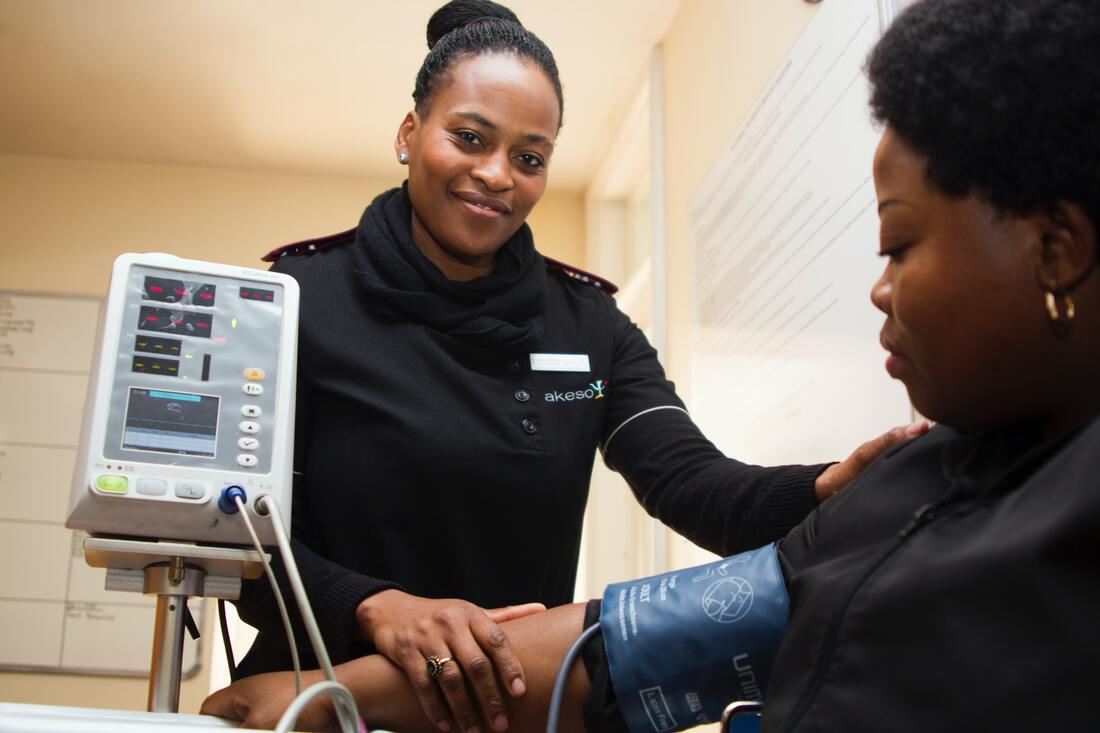 Photo by Morgan Petroski on Unsplash The pandemic opened the eyes to many Americans about underlying health disparities that have resulted in a significant number of minorities dying from complications due to COVID-19. Why were so many Americans unaware of these disparities? April is National Minority Health Month, and the National Institute of Minority Health and Health Disparities (NIMHD) shares how the purpose of this month is to do the following;
This year's theme is Vaccine Ready to increase vaccine acceptance within the minority community. The hashtags that are being used with this campaign are #VaccineReady and #NMHM2021. A quick check on social media and this national campaign is not garnering a lot of attention and reach similar to Breast Cancer Awareness month in October. Here's the reach across social media for these two hashtags as of 4/25/21;
Sadly enough, it wasn't until after my cancer fight that I focused attention on the cancer disparities. My own diagnosis was in 2013, and 11 years after the establishment of National Minority Health Month, I had no awareness of this awareness month and disparities. I wonder if prior knowledge of this subject would have altered how I approached my health before my cancer diagnosis. There has to be a push to increase the promotion of National Minority Health Month. The pandemic has already provided immediate justification for the increased amount of focus on this topic. Now, funding to support this awareness must follow.
Comments
Photo by Hush Naidoo on Unsplash
During this pandemic, the unemployment rate for African-Americans has reached nearly 20% in March. With this group having the highest proportion holding low-wage jobs, this statistic can have a devastating impact on health outcomes. In 2017, nearly 10% of African Americans were uninsured, the numbers are likely to climb during this pandemic. A new study, shows that disruptions in health insurance coverage can have a devastating impact on cancer care and outcomes. African-Americans already have the highest rates of cancer incidents than any other racial group.
Due to a lack of coverage, uninsured have lower cancer screenings and critical delays in treatment result in poor cancer outcomes that disproportionately impact African-Americans. Sara Collins provides options to secure health insurance for unemployed. This insurance coverage can be secured if you are laid off or face another type of employment disruption due to COVID-19, to include COBRA, the Affordable Care Act and Medicaid. Some states have even opened special enrollment periods. |
Katrece NolenCancer Survivor helping you become your own best advocate. Archives
June 2022
Categories
All
|

 RSS Feed
RSS Feed